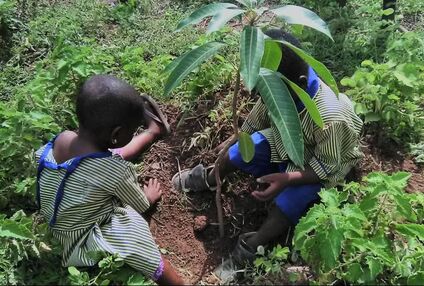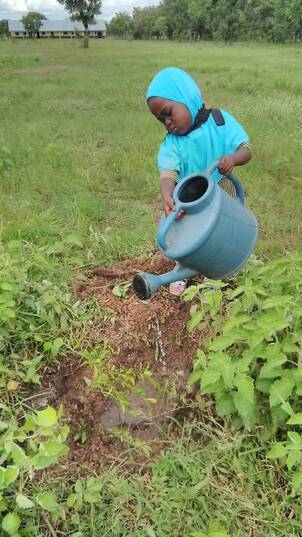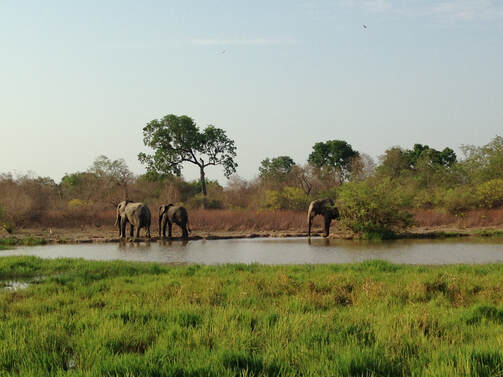our why
|
The World Wildlife Fund reports a nearly 70% decline in vertebrate wildlife since 1970. The scope of loss and what individuals and their communities can do to conserve nature is poorly understood, especially in communities with limited access to formal education. Communities, like those we work with, are often disproportionately impacted by biodiversity loss and climate change because they depend on local water, wood, and wildlife for survival. These frontline communities are increasingly experiencing food and water shortages, as well as extreme weather that increases their vulnerability.
To help conserve nature and empower youth to protect their local natural resources, we have engaged in several environmental education and conservation efforts. |
ENVIRONMENTAL EDUCATION AND
TREE PLANTING IN GHANA
|
In rural communities where people live at or near the global poverty line, education about environmental issues is rare. We are working with our local partners in rural Ghana to create a model for engaging youth in environmental conservation.
Our efforts include:
|
environmental education and
sustainability resources
|
In addition to our environmental education programming and tree planting in rural Northern Ghana, we offer a variety of educational resources on conservation and sustainable development, including:
Please email us at [email protected] for more information or to request a guest talk. |






